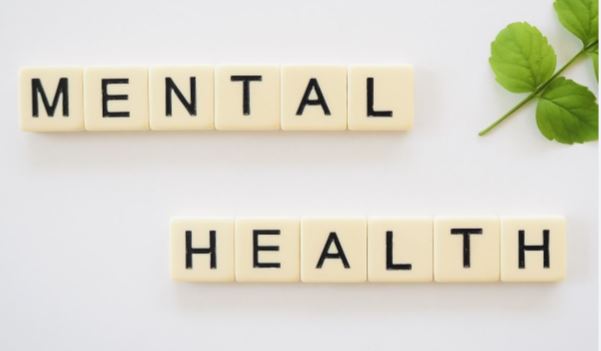Lifestyle
9 steps you can take to ward off depression & have a healthier life

Depression is a common but serious mental disorder that negatively affects a person’s daily activities, it hampers quality in work and personal life, leading to significant distress and impairment.
To be diagnosed with Depression the symptoms must be present for two consecutive weeks.
But unlike any other disease or disorder depression too can be prevented by practicing healthy and effective techniques on a regular basis.
Prevention could open new possibilities in reducing the global disease burden of depression.
Common symptoms associated with depression
Some of the symptoms necessary to diagnose depression include, persistent sadness or “empty” mood, decreased energy levels/lethargy, loss of interest in activities that were once found to be enjoyable, excessive sleepiness (Hypersomnia) or very poor sleep (Insomnia), appetite changes, weight gain or loss, feelings of worthlessness, hopelessness and guilt, social withdrawal, irritability, lack of concentration and alertness and inability to make effective decisions.
Some of the most effective preventive interventions include:
1. Find a purpose: Purposelessness seems boring and unentertaining, it has been linked with persistent sadness. A sense of meaning and purpose in life boosts your productivity and energy levels. It also keeps you motivated, relaxed and contented in your work, personal and social life. Find a goal that best suits your ideals, beliefs, knowledge and wisdom. This will help you effortlessly build a productive fulfilling daily routine.
2. Time management: Procrastination and inefficient time management can lead to feelings of worthlessness, sadness, hopelessness and helplessness which further leads to negative self-esteem, poor self-confidence and psychological and emotional pressure, thereby creating a breeding ground for depression.
3. Exercise: Playing favourite sport or a daily exercise routine will help prevent both physical and mental ailments. Exercise release endorphins (feel-good hormones) in the body that boosts happiness and general wellness.
4. Diet: Junk, oily, fried, and sugary foods have been shown to cause depression-like symptoms in people who regularly consume such foods. Foods rich in antioxidants like Vitamin C and E are known to reduce oxidated stress in the body. Scientists found that societies that don’t eat enough omega-3s may have higher rates of major depressive disorder. Also, people who don’t often eat fish, a rich source of these fatty acids, are more likely to have depression. A balanced diet of whole foods and less or no refined and processed foods will foster good mental health.
5. Check for possible Vitamin deficiencies: Low levels of Vitamin D and B12 increase the likelihood of having depression. So, at your next doctor’s appointment be sure to check these out.
6. Treat anxiety; manage stress: Anxiety, stress and other untreated mental health conditions are known to be contributing factors to depression.
7. Meditation: Yoga, mindfulness meditations, non-sleep deep rest NSDR techniques (Yoga sleep) are found to be helpful in tackling daily physical and mental stress. If daily stressors are left to build up, they will lead to various mental and emotional health problems. Meditation techniques can help to unwind and relax. Meditation also aids in getting good quality sleep which brings me to the next step and that is the role of sleep in preventing depression.
8. Engage in community services: Helping those in need can elevate your sense of satisfaction, gratitude and self-esteem. It gives us confidence in dealing effectively with our personal problems.
9. Treat physical illnesses: Medical illnesses like Diabetes, Cancer, Hypo/hyperthyroidism, Hypertension, Parkinson’s disease, Chronic pain, Chronic obstructive pulmonary disease and the medications taken for these illnesses contribute to depression.
Readers can use all of the above techniques if they wish, or choose a few just to begin with and later decide on the ones that effectively work for them.










